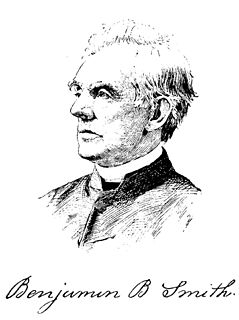A Quote by Umberto Eco
The court jester had the right to say the most outrageous things to the king. Everything was permitted during carnival, even the songs that the Roman legionnaires would sing, calling Julius Caesar "queen", alluding, in a very transparent way, to his real, or presumed, homosexual escapades.
Related Quotes
I am reminded of the old court jester who was supposed to entertain his king with interesting stories and antics. He looked at the king who was lolling on his throne, a drunken, filthy rascal, doffed his cap and bells, and said with a mock gesture of obeisance, “O king, be loyal to the royal within you.” And so I say to you young people today, remember your heritage, and be loyal to that royal lineage that you have as members of the church and kingdom of God on the earth.
Hair is very, very distinctive. I started that with that boxing movie I did, The Great White Hype. The director wanted me to look like Don King, and everybody knew who Don King was. But I didn't want to be Don King. I wanted the man to be Rev. Fred Sultan, so I decided to make him look like Julius Caesar. And from that point on, I just decided, I had this great wig-maker, so I just found hairstyles that I felt would be distinctive for every character. Like an adventure.
One thing Della Valle taught me is the power to say no if something isn't right. That mattered even over sales. Now it's rolling and finally, after having been PR, boutique director, operator, messenger, and everything else, I'm finally in the role I like the most - court jester. And that's what I was doing at Chanel before.
There are certain historical figures of such importance that we need to know everything about them, which is why books about Napoleon, Lincoln, Julius Caesar, Joan of Arc, Queen Elizabeth I, and the great religious founders continue to proliferate; these lives require constant reevaluation and interpretation.
He was Caesar and Pope in one; but he was Pope without Pope's pretensions, Caesar without the legions of Caesar: without a standing army, without a bodyguard, without a palace, without a fixed revenue; if ever any man had the right to say that he ruled by the right divine, it was Mohammed, for he had all the power without its instruments and without its supports.
Even so; an't please your worship, Brakenbury,
You may partake of any thing we say:
We speak no treason, man; we say the King
Is wise and virtuous, and his noble queen
Well struck in years, fair, and not jealous;
We say that Shore's wife hath a pretty foot,
A cherry lip, a bonny eye, a passing pleasing tongue;
And that the Queen's kindred are made gentlefolks.






































